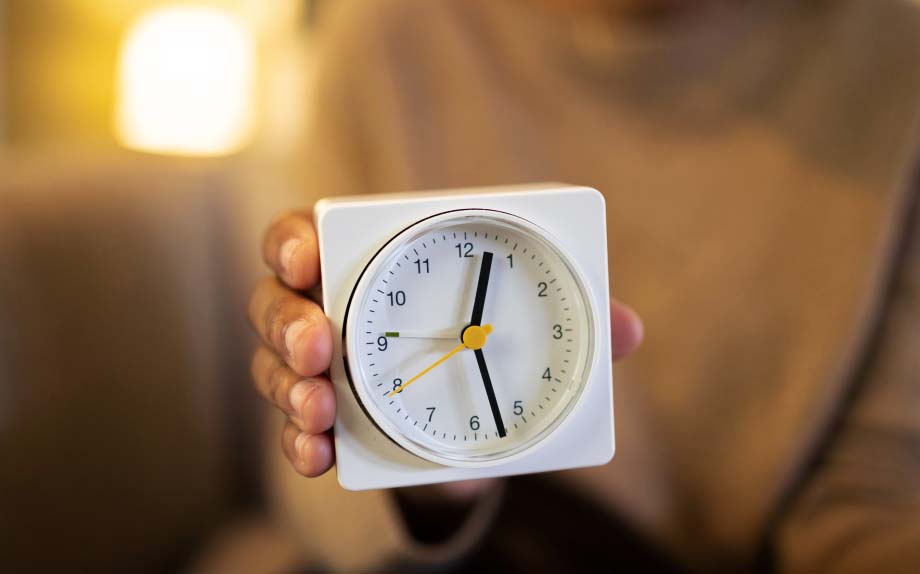Four years after British Columbians voiced overwhelming support for scrapping seasonal time changes, the path to permanent daylight time in B.C. remains littered with roadblocks.
It was March 2019 when then-premier John Horgan first floated the idea to his U.S. counterparts of ending the practice of moving clocks ahead by an hour in the spring and back an hour in the fall.
Horgan wrote to the governors of Washington, Oregon, and California to gauge their interest in a unified permanent daylight time on the West Coast.
The premier of Yukon was also on board if B.C. decided to make the move.
With the tacit support of B.C.'s neighbours secured, the provincial government surveyed residents on the matter, yielding 93 percent support for ending the seasonal time changes.
"The people of British Columbia have spoken, and their collective voice has come through loudly and clearly," Horgan said in the fall of 2019.
"When we spring forward next year in 2020, that will be the last time we do it."
U.S. Support for Permanent Daylight Time
Five months later, the premier reaffirmed his support for implementing year-round daylight time, but said the ultimate authority on the decision was with the U.S. Congress.
"The likelihood of a Congressional approval of this is even less today than it was in the fall," Horgan said.
And that's where things largely remain today as British Columbians prepare to once again move their clocks ahead this Sunday.
Last week, U.S. Senator Marco Rubio of Florida reintroduced his Sunshine Protection Act, legislation that would end seasonal time changes, after a previous version passed the Senate in March 2022, but failed to make it to a vote in the House of Representatives.
"This ritual of changing time twice a year is stupid," Rubio said in a statement announcing the bill's reintroduction on Thursday.
"Locking the clock has overwhelming bipartisan and popular support. This Congress, I hope that we can finally get this done."
B.C. Remains Committed to Ending Time Changes
A spokesperson for the B.C. Ministry of the Attorney General tells CTV News the province remains committed to permanent daylight time, saying British Columbians have provided "as clear a message as we could hope to receive" on the issue.
"British Columbians told us that it's important to maintain alignment with our neighbours in Washington, Oregon, and California," the ministry said in a statement Tuesday.
"The province is committed to ensuring B.C.'s economy and businesses aren't negatively impacted by a permanent shift to daylight saving time. That's why the move to permanent DST is planned to be brought into effect at a time that maintains alignment with our neighbours."
The statement said the province is closely watching the return of the Sunshine Protection Act in the U.S.
"We continue to watch how things play out in the U.S. so we can make this change together to keep us in the same time zone as our neighbours," the ministry said.
Speaking to reporters in Victoria on Wednesday, B.C. Premier David Eby affirmed his government's commitment to ending the seasonal time changes.
"I think all of us will be delighted to see the backend of daylight savings time," Eby said from his office at the B.C. legislature.
"There were business concerns about us being on a different time zone from our major trading partner to the south, which is our sole reason for pause here, to make sure we don't have unintended economic impacts," he added.
"Otherwise, we're very much looking forward to getting rid of daylight savings time."
Todd Coyne.
(likely no image with original article)
(usually because it's been seen before)
provisions in Section 29 of the
Canadian Copyright Modernization Act.

